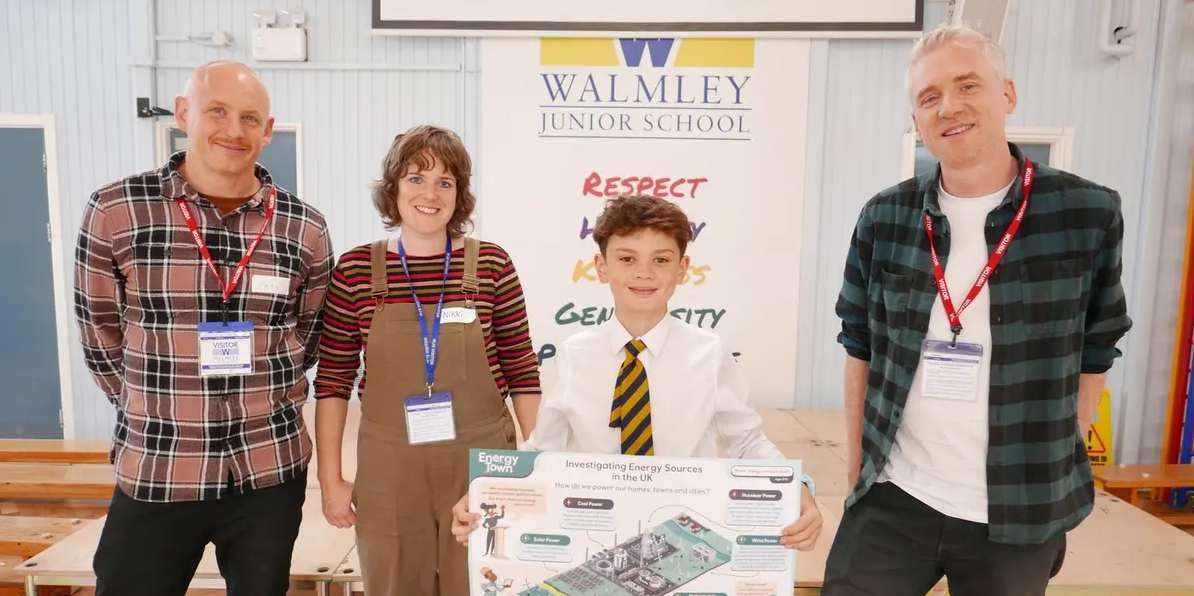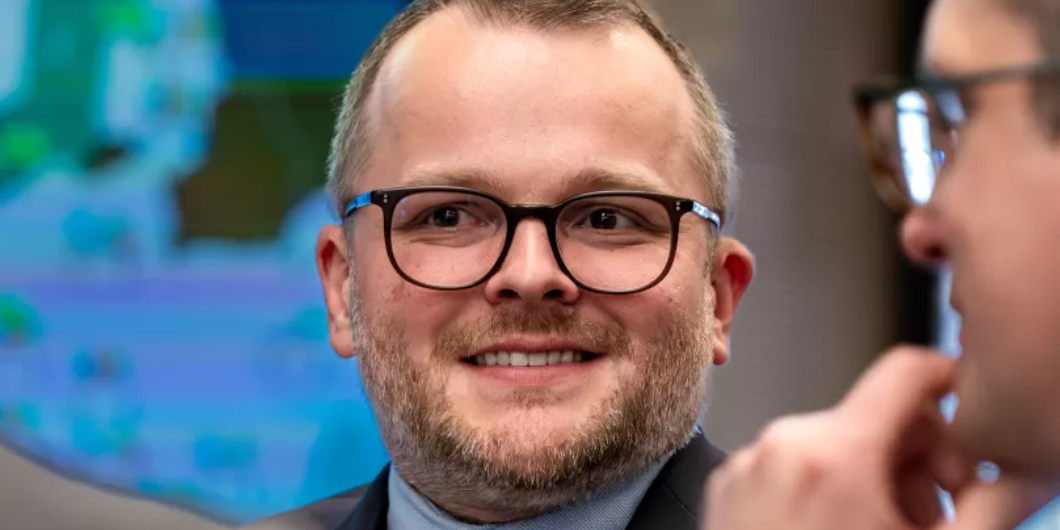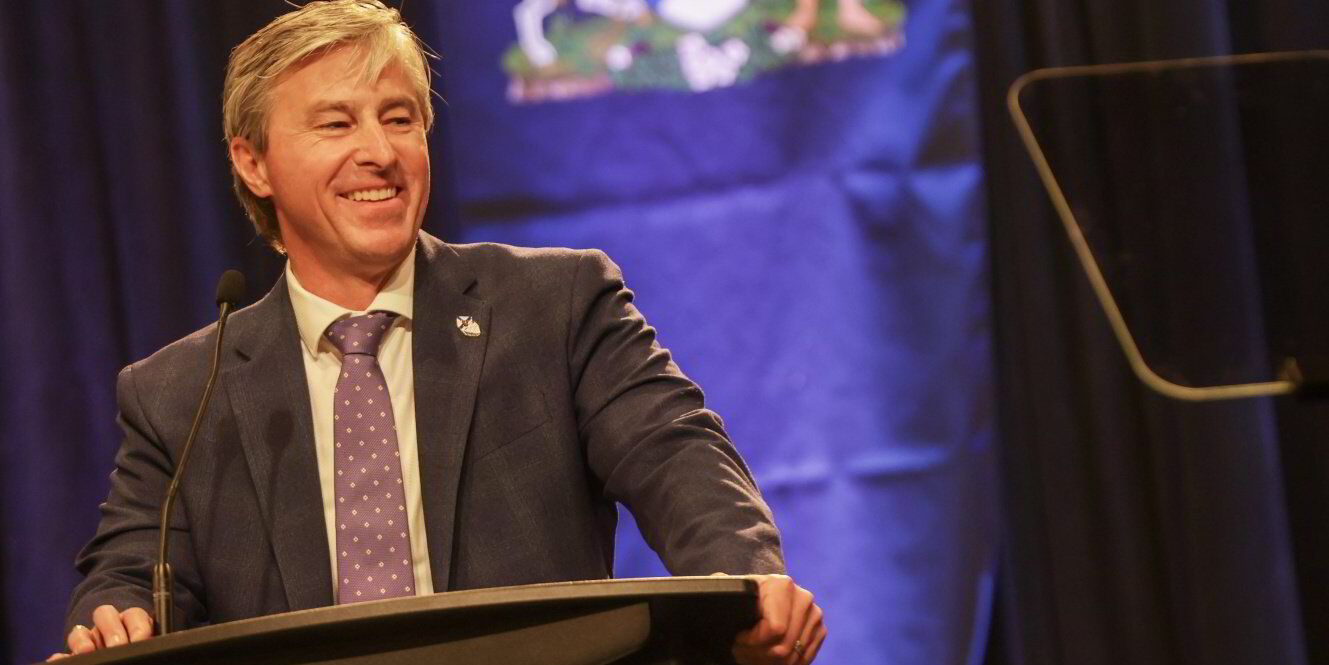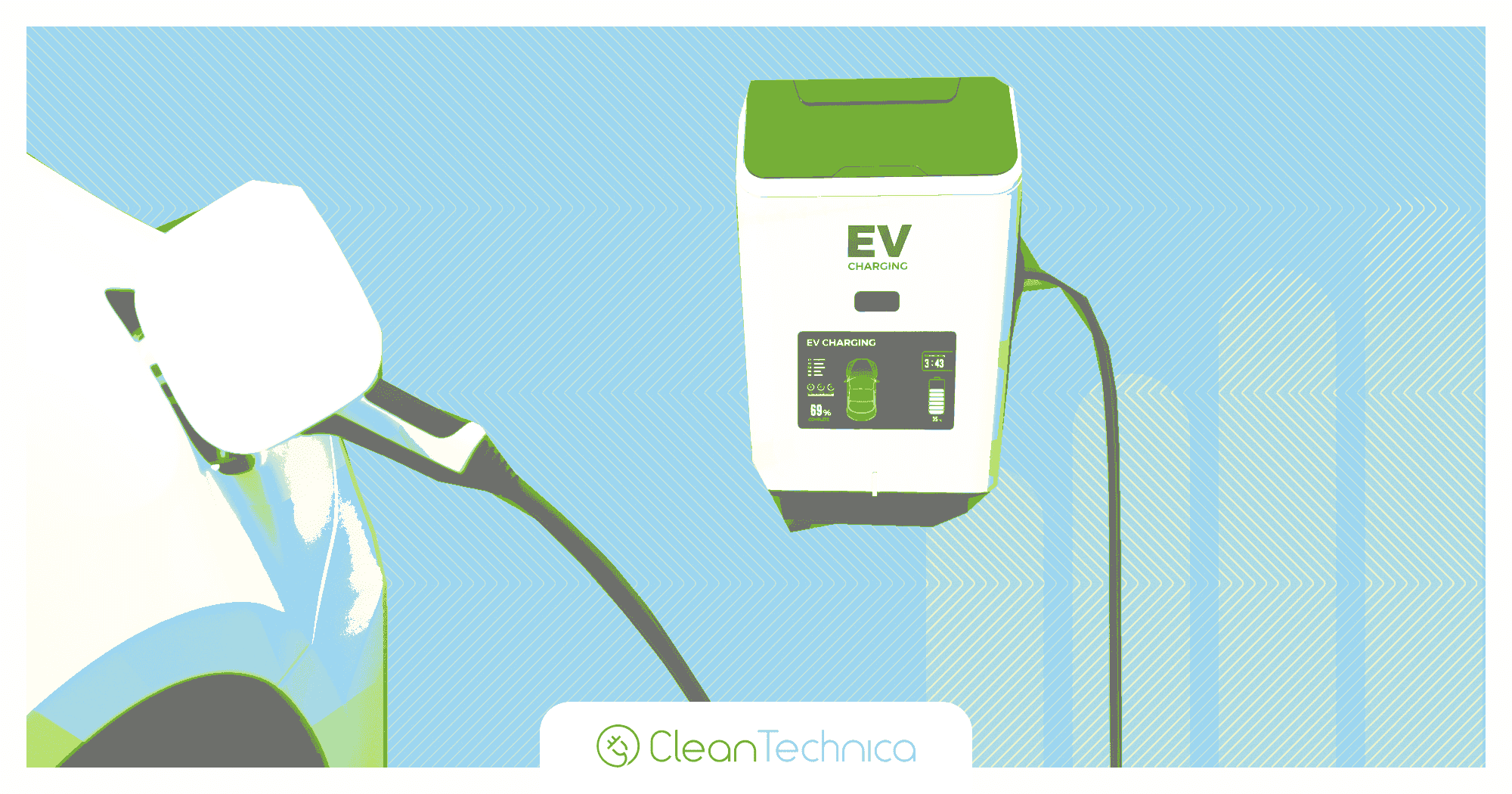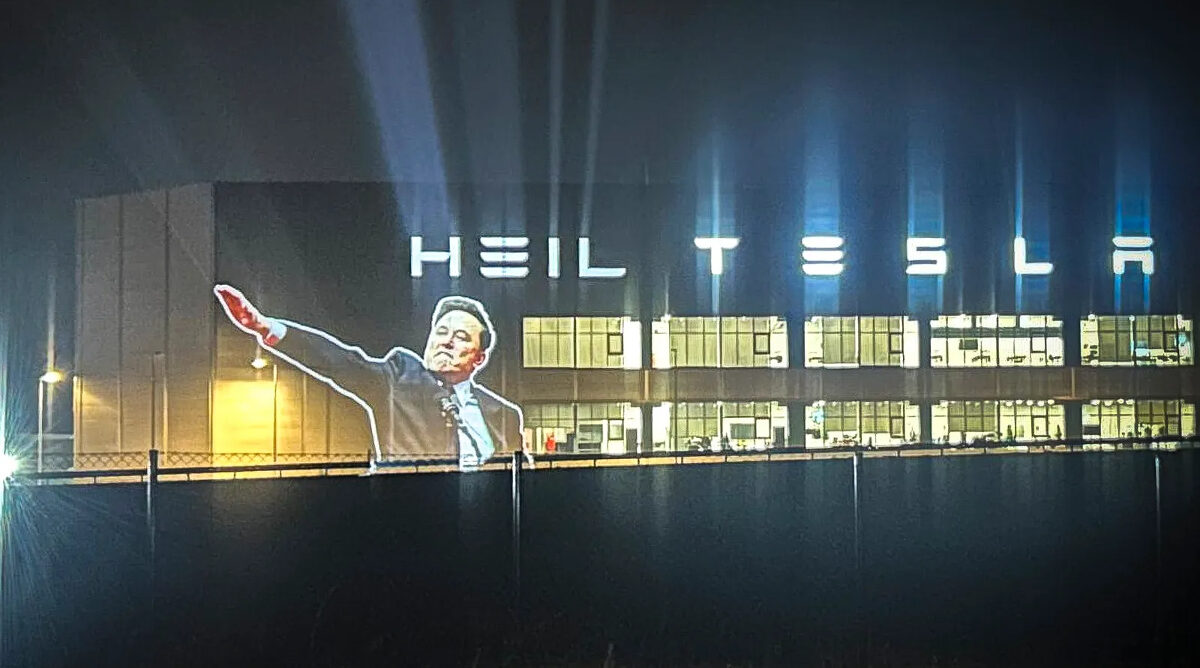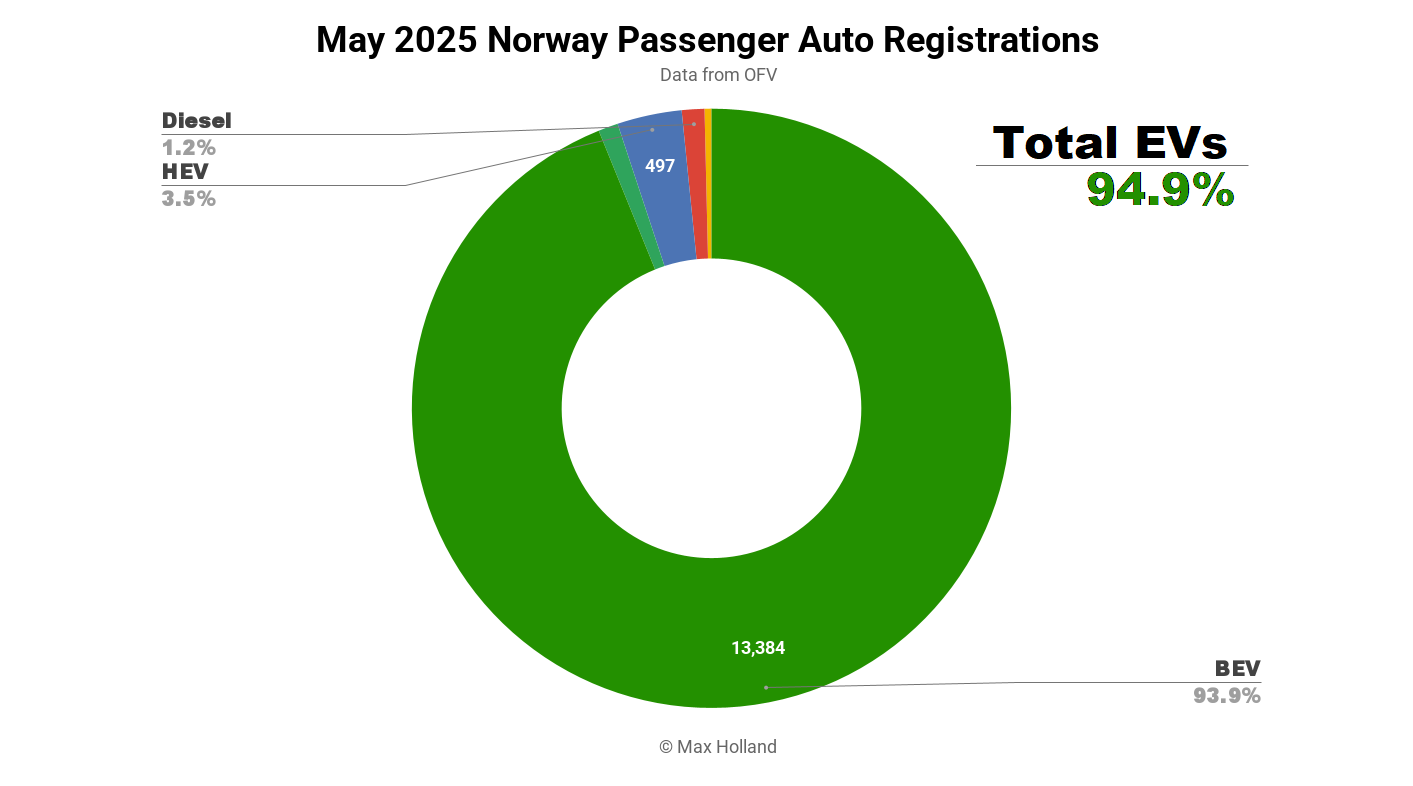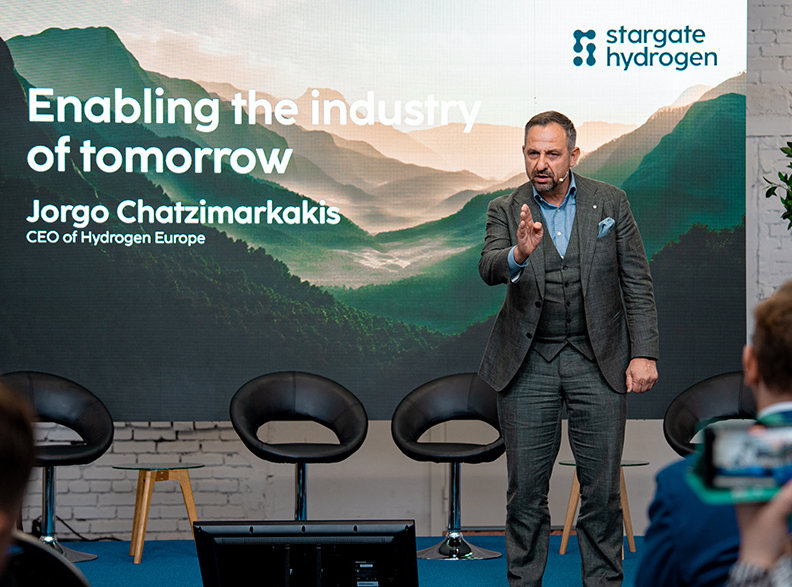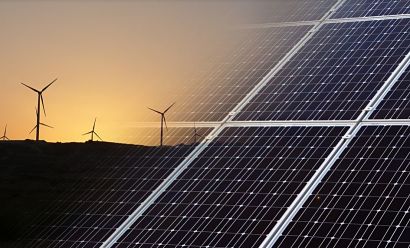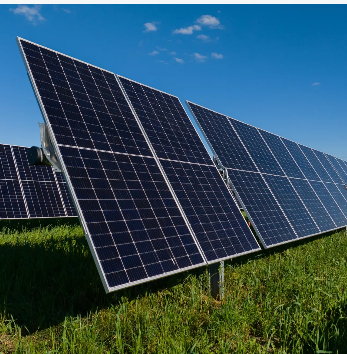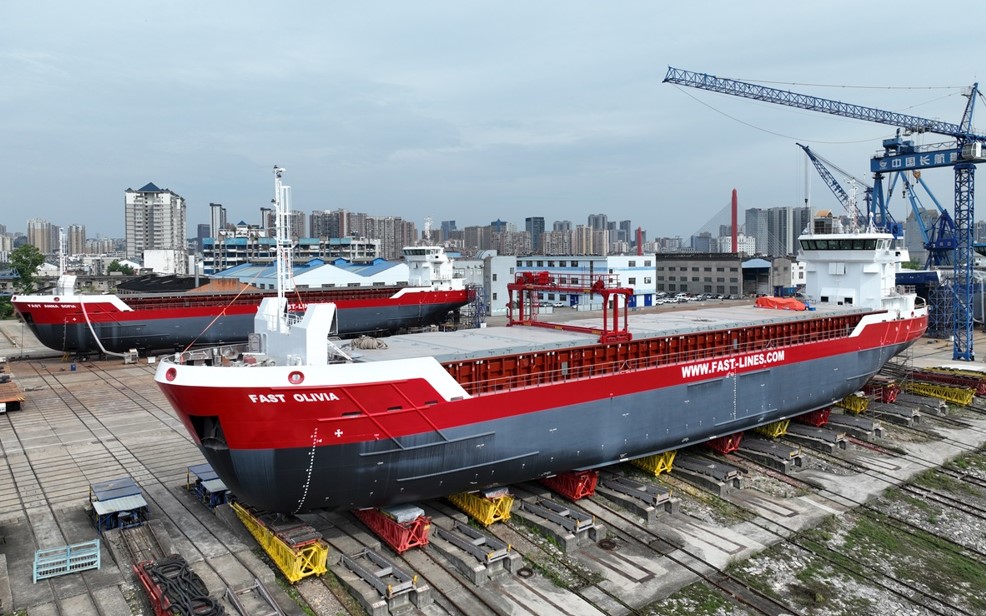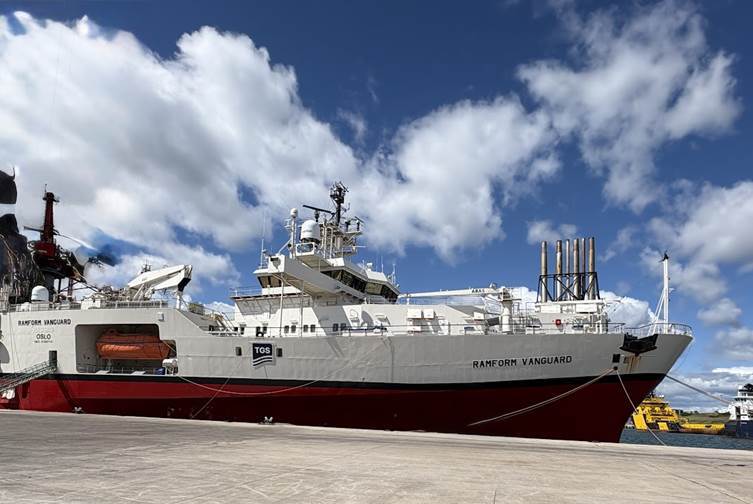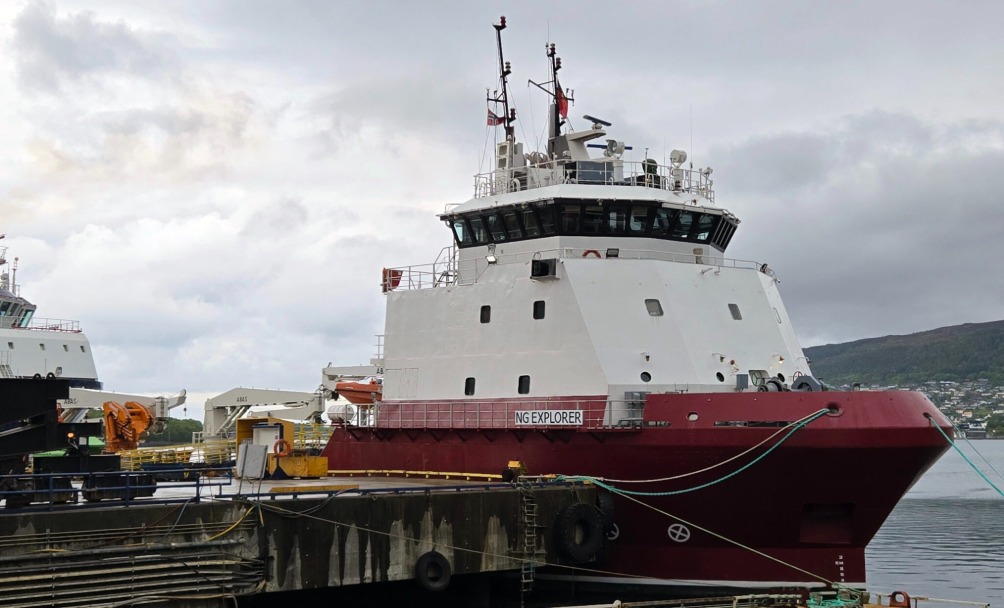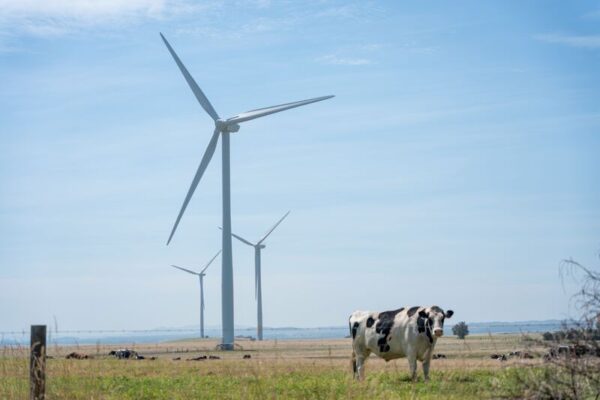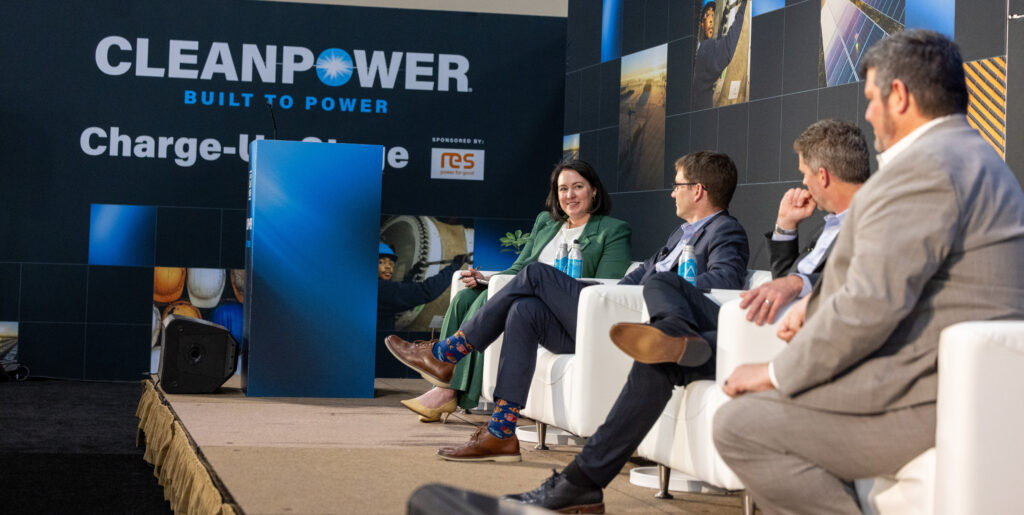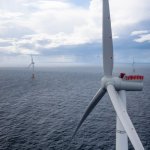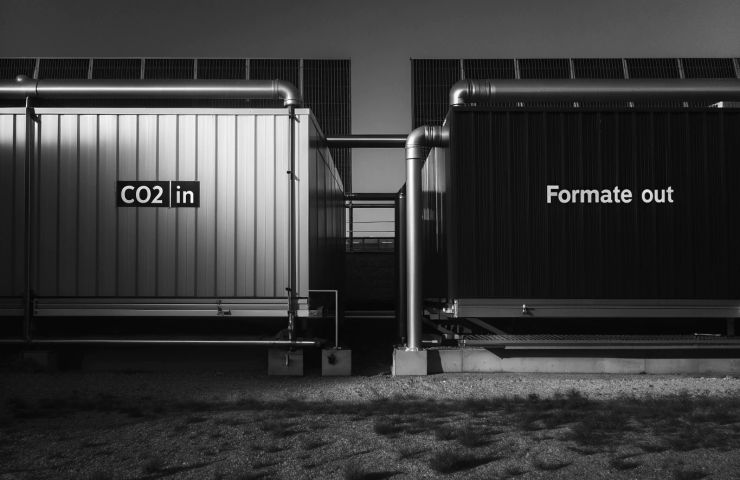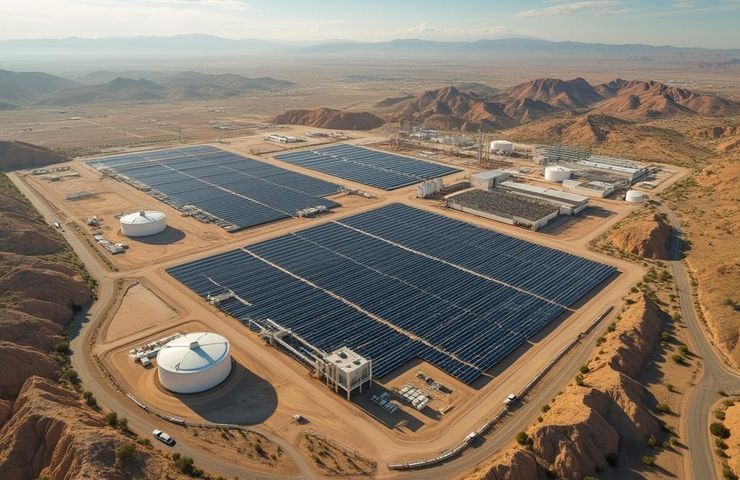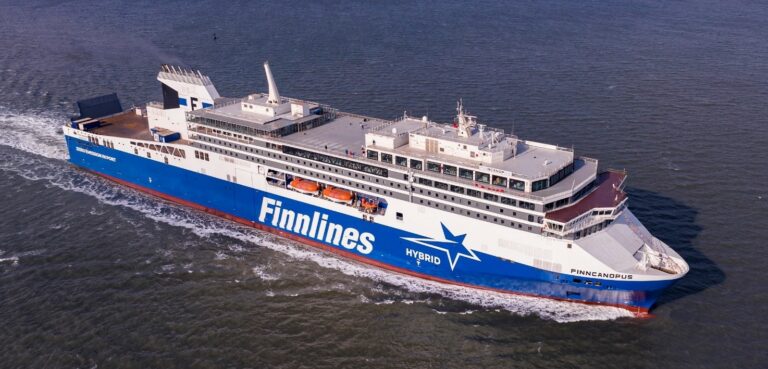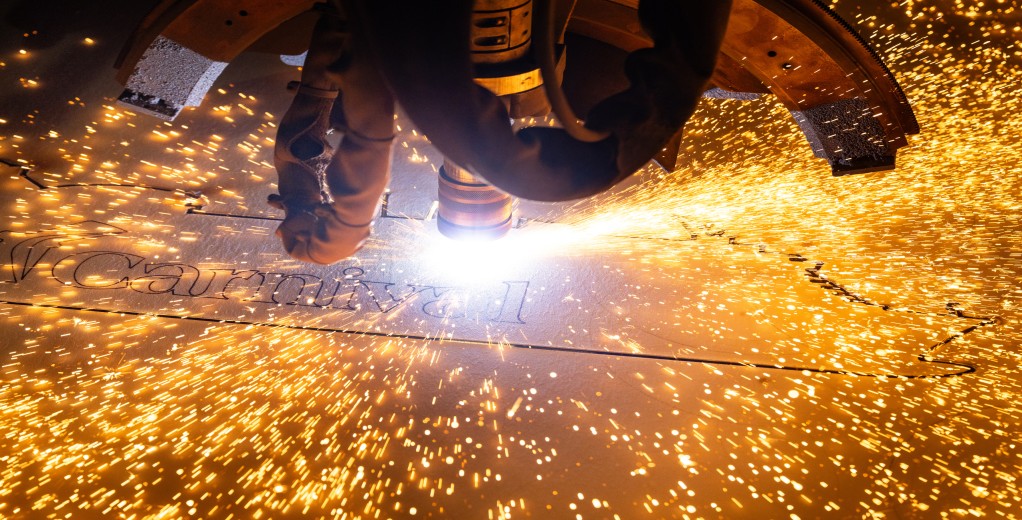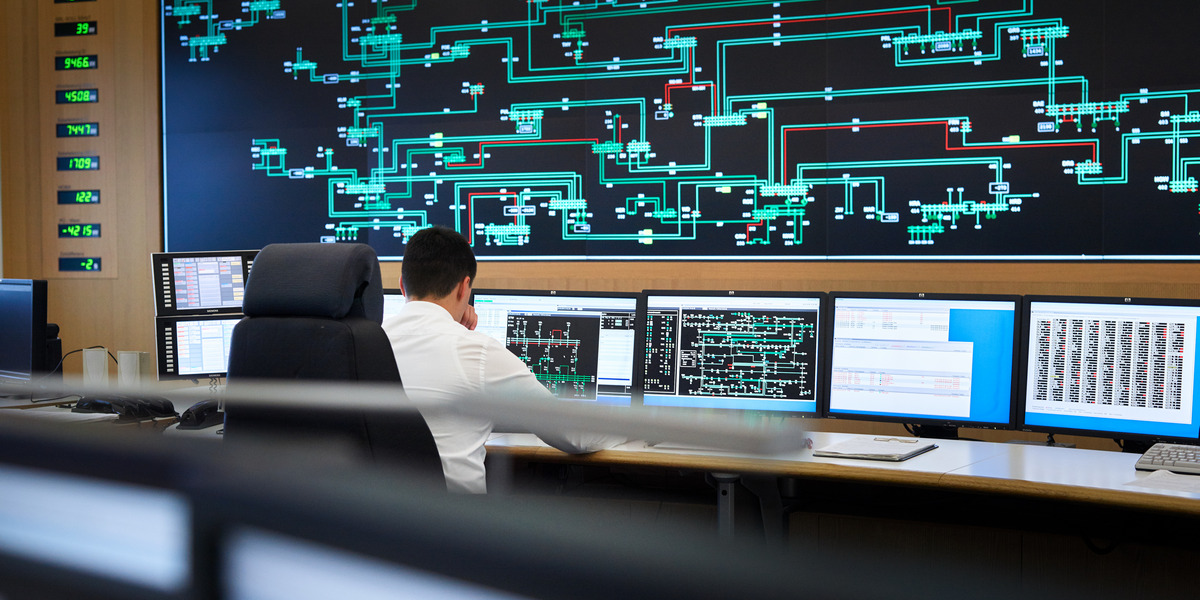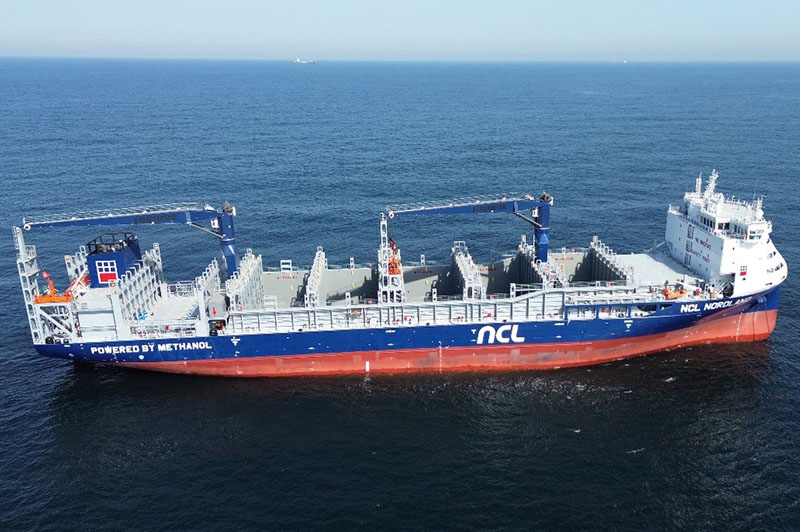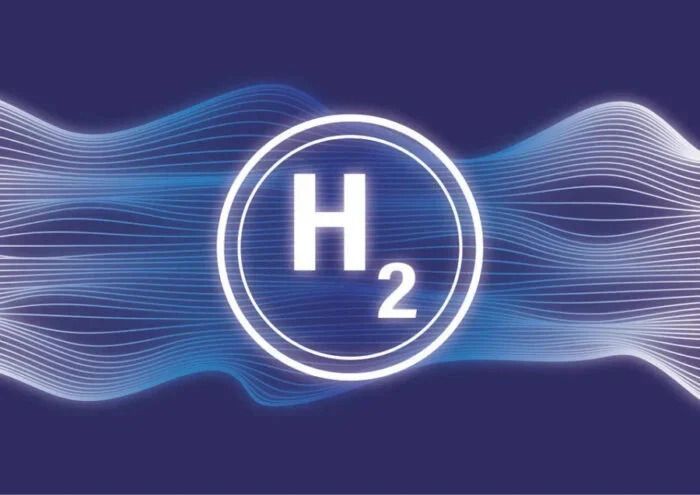MEW2025: Ushering in The Decade of Delivery
In its ninth year, the Marine Energy Wales conference 2025 saw industry leaders, policymakers, researchers, and supply chain businesses explore the latest developments in tidal, wave, and floating offshore wind at the All Nations Centre in Cardiff. The theme this year was one that reflects both urgency and optimism: Ushering in a Decade of Delivery. […] The post MEW2025: Ushering in The Decade of Delivery appeared first on Marine Energy Wales.


In its ninth year, the Marine Energy Wales conference 2025 saw industry leaders, policymakers, researchers, and supply chain businesses explore the latest developments in tidal, wave, and floating offshore wind at the All Nations Centre in Cardiff.
The theme this year was one that reflects both urgency and optimism: Ushering in a Decade of Delivery. We’re no longer talking hypotheticals; the projects are here, the technology is maturing, ambition is growing, and the political will is aligned. We have 10 years to meet Wales’ target of producing 100% of its electricity from renewable sources by 2035 – and marine energy has a major role to play in reaching that goal.
Across the two days, we saw a wave of meaningful progress with three key announcements:
- £2 million investment from the Welsh Government into Morlais and Inyanga’s next-gen turbines
- A renewed three-year commitment from the Welsh Government to Marine Energy Wales
- The launch of the new UK-wide Marine Energy Task Force
Each development was significant in its own right, but taken together, they point to something deeper: a sector finally crossing the threshold from potential to purpose.
What stood out to us this year as Marine Energy Wales, was the quality of discussion, the depth of engagement, and the clarity of purpose on display – nothing short of exceptional.
Continue reading to hear the highlights and insights from MEW2025.
Day 1 Highlights and Insights
Day one was opened by Chair of the Marine Energy Wales board, Tam Bardell:
“We’re incredibly proud to bring this event back to the capital for the first time since 2018, and to do so at such an exciting and important time for our sector.
This isn’t just another conference. It’s a coming together of people who are driving change: developers, communities, policymakers, innovators, investors, and campaigners — all of us here because we believe in the role marine energy can and must play in shaping a cleaner, more secure energy future for Wales, and the UK.
Across the next two days, you’ll hear from people who are rolling up their sleeves and getting on with it. You’ll hear how projects are overcoming consenting challenges using real environmental data, how local partnerships are helping to unlock deployment, how the grid is – and sometimes isn’t – ready to connect the next wave of clean power.
You’ll also hear about what’s coming next – from the Tidal Lagoon Challenge, to how we build a genuinely inclusive and skilled workforce that can meet the demands of the next decade.”
Political Keynotes – First Minister, Eluned Morgan, and Secretary of State, Jo Stevens
We welcomed a landmark show of unity and ambition from both the Welsh and UK Governments, as they announced significant new investments in Wales’s marine renewable energy sector – including support for tidal projects Inyanga and Morlais, and a renewed three-year commitment to Marine Energy Wales itself.
These announcements come at a pivotal moment for the sector. As pressure mounts to deliver on climate commitments and reduce dependence on fossil fuels, marine energy offers predictability, resilience, and regional opportunity – all rooted in Wales’s natural strengths.
Marine Energy Wales Programme Manager Tom Hill said:
“This commitment from both governments sends a powerful message – Wales is delivering marine energy. Government support along with stable investment, world-class sites, and a growing cluster of developers and innovators, the sector is poised to scale and make a real impact. Wales is a on course to be a world leader as we move into the decade of delivery.”
Read more here.
Turning the Tide: Scaling Tidal Energy in Wales Today
Our first panel discussion was an important discussion delving into the delivery of tidal energy in Wales. Chair Jay Sheppard opened the session by discussing how we can move from promise to production:
“We now have Strategic Resource Areas that map where tidal makes most sense – but maps don’t deliver projects. Infrastructure does. To move at a pace we need coordination – aligning consenting, ports, grid, and capital around the right places at the right time.”
The following discussion explored how we turn this momentum into a legacy and make tidal a central and reliable pillar of the UK’s energy system.
Empowering Cymuned
Our second session was an inspiring panel discussion on how community engagement will shape the future of Wales’s marine renewable energy sector. What really stood out? There’s no “one-size-fits-all” answer. Meaningful engagement is all about going to the people, building real relationships, and understanding the different perspectives that make up each community. It’s about connecting in a way that works for them.
We heard about the power of local leadership and being role models in our communities, partnering with the amazing organisations already doing impactful social value work, creating genuine opportunities, like apprenticeships, that give back to local areas and using storytelling to build trust and strengthen connection.
The big takeaway? If we want projects that last and are truly embraced, we need to listen first.
Modernising Consents
This forward-looking session focused on the urgent need to modernise the consenting process for marine energy projects to keep pace with industry growth and environmental imperatives. The discussion brought together expert insights on simplifying regulatory frameworks and building more collaborative, data-informed systems.
Key themes included the use of innovative monitoring techniques and the move toward strategic, rather than site-by-site, approaches to data collection. Panellists discussed how better data, particularly if it’s transferable between sites and projects, can help shift the consenting landscape away from over-cautious decision-making. This could lead to reduced delays and more efficient project delivery, without compromising environmental standards.
Throughout the session, the speakers emphasised that a more strategic, data-driven, and cooperative approach to consents has the potential to unlock significant progress in the sector, delivering both environmental integrity and economic opportunity.
From Potential to Profit: Lessons in Commercialising Marine Renewable Energy
Closing the first day, this session tackled one of the sector’s most pressing challenges: how to shift from dependence on public funding to securing private investment that can sustain and scale marine renewable energy. The panel brought together a mix of developers and investors to share candid reflections on their commercialisation experiences.
A clear takeaway from the discussion was the critical importance of diversity, both in technology design and funding models. Speakers stressed that stifling this diversity risks stalling the very innovation needed to move the sector forward. There was broad agreement that a one-size-fits-all approach won’t unlock the sector’s full potential. It was noted that innovation drives down cost across supply chains and is essential to building a profitable, low-carbon marine energy industry.
The session offered valuable lessons on making marine renewable energy investment-ready and attractive, highlighting the importance of clear value propositions, trust-based financial partnerships, and an ecosystem that allows varied ideas and technologies to flourish.
Official Networking Dinner

Our Official Networking Dinner was held at the Parkgate Hotel, where delegates enjoyed an evening of canapés, a delicious three-course meal and some crazy golf. A chance to not just reflect on progress or debate the challenges ahead, but a moment to connect with the people behind the momentum.
We were delighted to present Hayley Williams, Curriculum Development Manager at Pembrokeshire College with our second-ever Ysbryd y Môr Award during the dinner for her outstanding contribution to Wales’ marine energy sector. As seen in her work with the SPARC Alliance and Destination Renewables, Hayley is someone who thinks long-term and builds with purpose, understanding that it’s not just about inspiring young people but building the systems to support them to go further.
Find out more about Hayley’s work here.








Kicking off Day 2, this session explored the range of pioneering projects delivered at Wales’s national Marine Energy Test Area (META). The panel featured developers, researchers, and sector specialists reflecting on how real-world testing at META is helping to advance marine energy technologies. Michael Shanks MP, Parliamentary Under-Secretary of State at the Department for Energy Security and Net Zero, confirmed the formation of a new industry-led Marine Energy Task Force – a strategic move to unlock the UK’s full potential in tidal and wave technologies.
“I’m pleased to announce that an industry-led Marine Energy Task Force is being assembled to consider marine energy deployment throughout the UK,” said Minister Shanks. “Its key outcome will be the delivery of a strategic roadmap, including recommendations for removing barriers, along with estimates of the investment required to deliver the UK’s marine energy potential.”
Find out more here.
This flagship offshore wind session brought together key voices from government, industry, and regional development to explore the findings of the Welsh Government’s Offshore Wind Task and Finish Group. This session focused on the evolving role of tidal range energy within the UK’s renewable mix and how steady, collaborative progress is moving the technology closer to deployment.
The panel discussed recent small-scale demonstrators, feasibility studies, and community engagement initiatives that are laying the groundwork for future large-scale projects. While challenges remain, the session highlighted a growing sense of opportunity driven by shifting political priorities and rising interest in home-grown energy solutions. This session focused on the strategic role of test and demonstration (T&D) projects in building the foundations for a successful floating offshore wind industry in the Celtic Sea. The panel explored how T&D initiatives are not only helping to prove technology but also creating opportunities to scale supply chains, strengthen infrastructure, and drive innovation.Day 2 Highlights and Insights
META Milestones: R&D in Action
The discussion showcased the variety of innovations deployed at the site – from ecosystem enhancement projects and academic research through Swansea University, to next generation tidal turbines and a UK-first offshore hydrogen production trial with Dolphyn Hydrogen. This range of activity highlights the flexibility of the facility and its ability to support different types of development.
Panellists also underlined the strength of the META team and partner organisations, including the Offshore Renewable Energy Catapult, who provide technical expertise and practical support for projects on the water. META continues to play a central role in building momentum across the sector – offering a space where ideas are tested, refined, and prepared for wider deployment.
Political Keynote – Michael Shanks
Offshore Wind in Wales: Turning Ambition into Action
The panel focused on the critical building blocks for success: Ports, Developers, Supply Chain, and Skills. Speakers discussed where urgent action is needed to overcome current barriers and how coordinated efforts across these areas will be essential if Wales is to lead in offshore wind development.
Moving Within Range
A key theme was the continued determination of stakeholders and communities to champion tidal range as a low-carbon, predictable energy source that also supports long-term infrastructure and regional development goals. Momentum is building — and with the right policy signals, investment, and public support, tidal range could become a key contributor to the UK’s clean energy future.
Floating Stepping Stones: Doing it for the Region
A central message was that T&D projects are a vital first step, and securing long-term economic benefit for Wales will depend on continuing with a clear and sustained pipeline of offshore wind activity.
The panel also underlined that a successful Allocation Round 7 is essential to restore investor confidence in the sector and reaffirm the Celtic Sea as a key area for development. The session reinforced that with continued momentum, T&D can catalyse investment and unlock long-term economic opportunities for Wales.



“The insight, honesty, and ambition shared by the panellists left me feeling more optimistic and more determined than ever.“ Jay SHeppard, Project Manager at Marine Energy Wales
Alongside our insightful panel sessions, new for this year was a show-floor theatre in the exhibition hall, which brought discussions and presentations directly to delegates. From powerful conversations on consents and commercialisation, to big ideas around skills, innovation, and regional growth, the energy, insight and ambition in the room was truly inspiring.
This year’s event also reflected something deeper: the confidence that marine renewables are no longer a ‘potential’ industry, they’re a growing part of Wales’s economic and energy story.
We’re proud to see more political attention on this sector than ever before. We’re proud to see communities stepping forward not just to support projects, but to shape them. And we’re proud to see companies, large and small, working together to bring forward real solutions to real-world challenges.
As we move into the decade of delivery, let’s keep building the momentum and alignment between governments, industry, and education and turn today’s breakthroughs into tomorrow’s baseline.
Thank you to all our sponsors, exhibitors, panellists, and delegates who made this year’s Marine Energy Wales conference such a success. We hope to see you next year!
Sign up to our monthly newsletter to be the first to hear about MEW2026.
The post MEW2025: Ushering in The Decade of Delivery appeared first on Marine Energy Wales.
What's Your Reaction?







